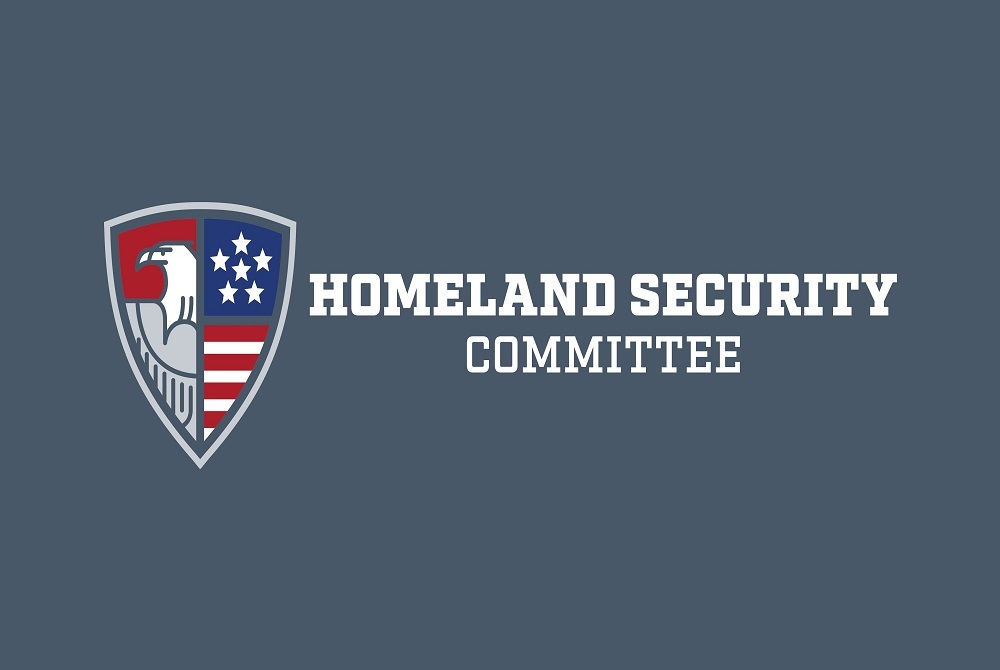United States House Committee on Homeland Security issued the following announcement on July 18.
On Tuesday, House Homeland Security Chairman Michael McCaul (R-TX) and senior member of the House Judiciary Committee Congressman Steve Chabot (R-OH) introduced H.R. 6401, the Preventing Emerging Threats Act of 2018. The McCaul-Chabot bill provides the Department of Homeland Security (DHS) and the Department of Justice (DOJ) with the authorities they need to protect communities and buildings from security risks posed by unmanned aerial systems (UAS), or more commonly referred to as a drone.
Over the next decade, UAS usage will continue to grow and change how we do business in the United States. But in the wrong hands, UAS can also pose a great threat to people and property. Overseas, they have been used as weapons on the battlefield. Criminals use this technology to smuggle drugs and surveil law enforcement. Large gatherings such as sporting events and concerts are also vulnerable to nefarious drone operators.
Chairman McCaul: “Law enforcement is currently constrained from best defending against potentially dangerous drones due to outdated laws. As with other threats, we must constantly evaluate and adapt our policy and procedures to stay one step ahead. The McCaul-Chabot bill grants DHS and DOJ the ability to act quickly and effectively when a UAS poses a security risk to large-scale events and government facilities. This bill also allows the departments to thwart potential acts of terror and violence in real-time by deploying counter UAS technology. By limiting the geographic area where UAS data may be collected and the circumstances data may be maintained, this bill strikes the right balance between the ability of our government to take down a threatening drone and protecting a lawful UAS users’ privacy.”
Congressman Chabot: “Drones represent an exciting new technology with endless possibilities. At the same time, their misuse raises numerous safety concerns both for the general public and for government entities. The legislation we are introducing today will give law enforcement the tools they need to counter any security risks created by drones used in a threatening manner, especially those used in conjunction with terrorism or other criminal or violent acts. The legislation also contains important safeguards to protect the civil liberties of those using drones in a legal and responsible manner.”
Background on the McCaul-Chabot bill:
- Grants the DHS and DOJ the ability to address threats posed by unmanned aircraft systems (UAS) to large-scale events and certain government facilities utilizing counter UAS technology
- Allows the Departments to react, in real-time, to stop acts of terror and threats of violence
- Provides clarity to the public by focusing counter-UAS capabilities on high value or high profile targets. This will allow more consistent and clear public notification about no-fly areas
- Allows the Departments to determine the best technology for its needs at a specific location
- Allows DHS and DOJ to work with the FAA to determine the proper type of technology to use to protect a target based on the circumstances
- Limits the circumstances when data can be maintained and the geographic area where data may be collected
Original source can be found here.


 Alerts Sign-up
Alerts Sign-up